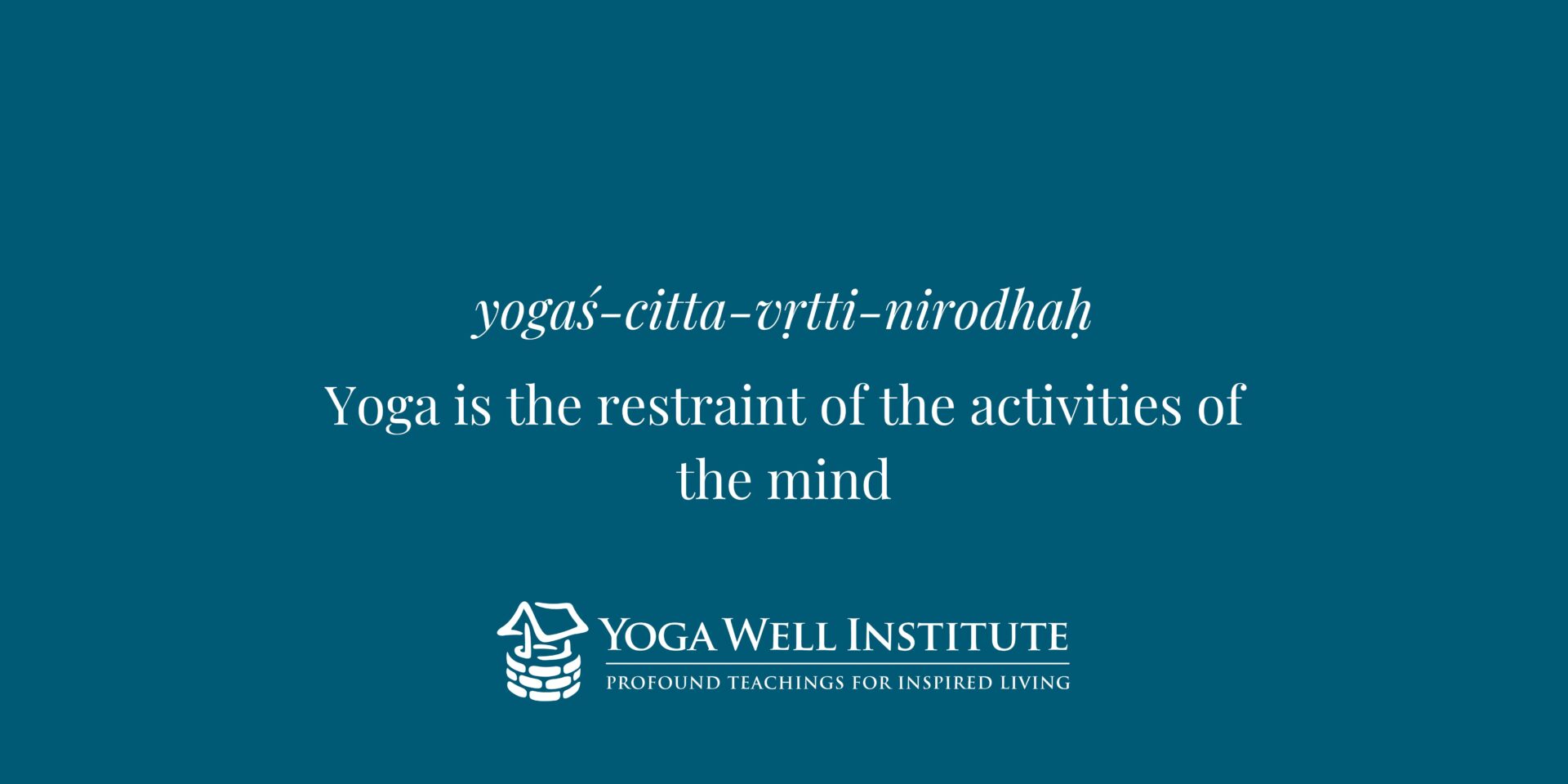Today, I took the time to make a healthy breakfast with some gluten-free pancakes, eggs, and veggies. My plate looked awesome. I set out my vitamins and sat down at the table with my iPad.
As I was eating, I scanned the morning news, checked a few email messages, and looked at my calendar. Before I knew it, my meal was gone. About to get up, I closed the iPad and saw my little pile of vitamins, still waiting to be taken.
I hate swallowing pills, so I usually take them with bites of my food. But today I was so absorbed in the content on my device that I barely even noticed that I was eating. Not only did I forget my vitamins, but I also didn’t get to enjoy the flavor of the meal I’d made.
Wow, talk about unconscious behavior!
Not the end of the world, but it says something. What just happened? I missed tasting my food, I was thinking about everything but my meal, and my nervous system had no idea if it was supposed to be sending energy to my brain so I could think about all the stuff I had to do, or if it should support my digestion.
I know this has happened to you, too.
Multi-tasking is a myth.
Studies show that our mental attention (mind) can only relate to one thing at a time. WHAT? REALLY?
I know you’re thinking, “I’m different, I am constantly working on three things at any given time. My daughter lost her homework, the dog just spilled his water, and I’m responding to texts about the kid’s soccer schedule.”
In reality, what’s happening is that we are shifting our attention from one topic to another in quick succession, giving the illusion of simultaneous comprehension. Kind of like those comic flip notepads that show a cartoon character running by flipping the pages. You see what looks like animated motion, but really it’s a series of static pictures.
Chronic stress…
Point is, that’s a lot of activity for our minds and nervous systems! The effects of this over-stimulation tend to continue long after all the activity has stopped. The results are things like:
- I can’t relax without a glass of wine
- I’m so stressed out, I feel overwhelmed
- I can’t sleep, even though I’m exhausted
- I’m short and irritable with the kids and my spouse, but don’t know why
- I need more caffeine to think clearly
What does this have to do with Yoga?

Yoga is described as a way of being that creates a stable state of inner harmony. When practiced regularly, it can reverse the effects of all that stimulation, and the experience of calm can spill over into the other areas of our lives.
Yogasūtra I.2 says yogaḥ citta-vṛtti-nirodhaḥ. In this sutra, Patañjali defines what a state of Yoga looks like. In my own words, I think of it like this: “When in a state of Yoga, the mind is quiet, spacious, and calm – and it is able to remain attentive to a single idea without jumping around.”
Yogic meditation is how we move into that state.
When I talk to students about meditation, they often say to me that they have difficulty concentrating on one thing at a time. Luckily, the Yogasūtras lay out the way to achieve a state of Yoga.
Yogasūtra l.12 says abhyāsa-vairāgyābhyām tat-nirodhaḥ. My paraphrase of the idea presented here is: “The hustle-bustle of the mind moving between thoughts slows way down when we choose to practice focusing our attention with a sense of curiosity and non-judgment”.
This is meditation.
Most of us struggle with this, and that’s where we all start. Focused attention can be learned by anyone, but according to Yogasūtra 1.14, it takes time and effort applied over time. As with any new skill, the guidance of a teacher will help you learn in small steps. Gradually, with practice, this becomes easier. Soon, it becomes second nature, and as Yogasūtra 1.17 explains, eventually becomes a way of being rather than a recovery technique.
The more time that you spend experiencing a state of Yoga, the more quickly you’ll recover from the craziness of everyday life, and the benefits of holistic self-care will show up in how you feel, how you manage stress, and how you interact with others. Find a meditation teacher and take a step toward balance today!
Discover more about the Yogasūtras
To learn more about the Yogasūtras tune into the Yoga Well Podcast today! This podcast offers fresh perspectives on what Yoga is, how it transforms the body and mind, and liberates your life! Within the Yoga Well Podcast we will share teachings from the Viniyoga lineage of Mr. TKV Desikachar, while exploring Yoga as a way of being that is practiced both on the mat and in our everyday life.

Laura Lehrer
Laura is a certified yoga therapist and holistic health coach. She is deeply committed to helping her clients create a joyful, balanced life. Learn more about her here.



